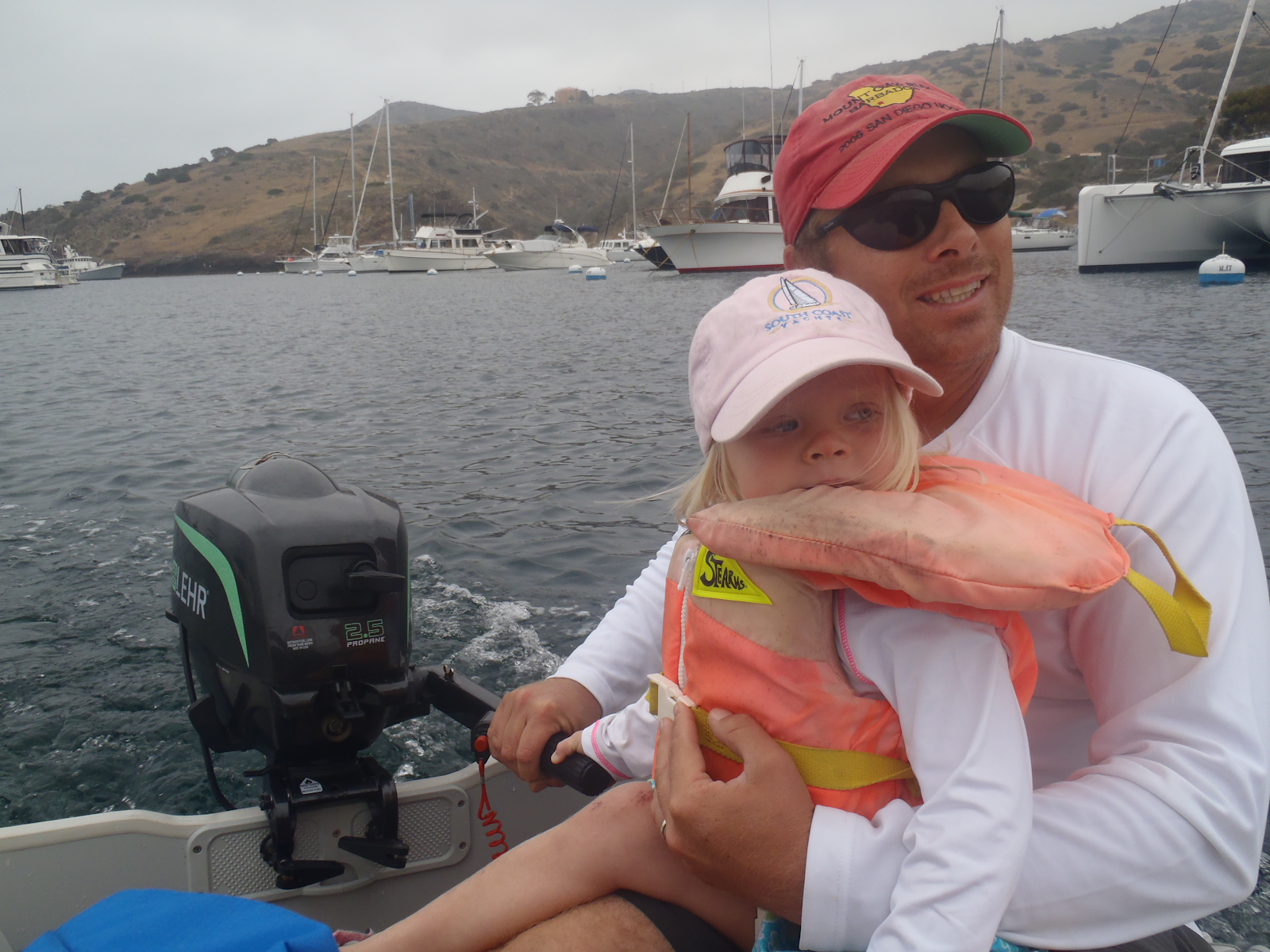 4 Keys to Enjoying a Day on the Water with Family and Friends
4 Keys to Enjoying a Day on the Water with Family and Friends
Boating is your passion, and you want your family or friends to share it.
You spend a lot of precious time and hard earned money to have the opportunity to spend time on the water with the people you love.
Too often the day ends with you frustrated, your family confused or mad at you, and the dream of a nice peaceful day on the water shattered.
Sound familiar?
I learned about boats from my Dad. Growing up, I raced sailboats, varnished powerboats, and sailed on hard water and soft. I’ve taught waterskiing, rented ski boats to tourists, and given sailing lessons to newbies from 5 to 85 as a US Sailing Certified Instructor. I’ve competed in countless races on big and small boats, from quarter mile legs to 1200 mile offshore races. I now sell new Beneteaus in San Diego, and help people buy their first boat or their 36th. I’d like to think I have a unique view of what leads to happiness on the water. It’s different for every situation, but there are many common threads.
Here are some tips that can help everyone safely have a good time. Whether you’re on a 50 foot Beneteau keelboat, a sportfishing boat, or a Sunfish, these can help your dreams become realities.
1) Be Safe. Nothing can ruin a day faster than an unsafe situation. Know what you need, where it’s stored, and how to use it. Know these things cold, or you shouldn’t be out there.
2) Be Confident. Know your boat, know your waters. Any crew can sense their Captain’s confidence level, and the closer they are related to you, the better their sense will be. This includes putting yourself into comfortable situations. Try not to go to a new area, a new dock, or do anything outside of your comfort zone if you can avoid it. You can always do a dry run before, ideally with someone who’s been there before.
3) Be Prepared. Your passengers should show up (with provisions) to a boat that is running and ready to push off the dock. If you need help, have your most competent crew there to help early. Never make people stand around and wait. They won’t enjoy it, and you’ll feel pressure. While on the boat, make sure people are in position and ready before anything happens. Whether it’s a tack, docking, or landing a Blue Marlin, everyone needs to know their job and be ready for it.
4) Be Fun. Now that you’re safe, confident, and prepared, you can be the fun person you are on land. In a comfortable situation, let people drive, enjoy themselves, and learn something. You can join in the fun while still being in command, and they can have their first positive experience on the water. You will be their favorite Captain forever!
These are some important general suggestions. The next articles will be from different points of view, in more specific situations. I encourage you to let me know what you would like me to discuss.
If you or anyone you know is in the market for a new or used boat, I use my expertise to help match people with the perfect boat.
Thank you for reading,
Rob Harring
(213)300-3483


 Summer is almost here! If you're lucky, you have a friend with a boat. They might invite you to join them out on the water. If you’re a good guest, you might find yourself invited back again and again. Here are 5 secrets to making that happen.
Summer is almost here! If you're lucky, you have a friend with a boat. They might invite you to join them out on the water. If you’re a good guest, you might find yourself invited back again and again. Here are 5 secrets to making that happen. The bottom line is that you want to make your owner’s life as easy as possible. You want them to think that taking their boat out with you is easier than going alone. Following these tips can help make sure that’s the case.
The bottom line is that you want to make your owner’s life as easy as possible. You want them to think that taking their boat out with you is easier than going alone. Following these tips can help make sure that’s the case.